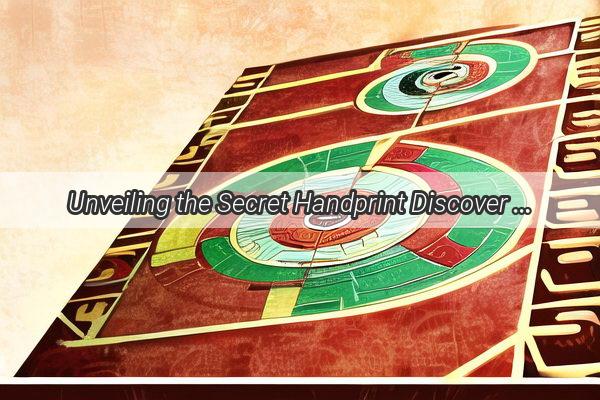Unlock the Secrets How the Architecture of Your Home Can Shape Its Feng Shui
---
The Intricacies of Feng Shui: Does the Structure of Your Home Affect Its Chi?
In the world of feng shui, the ancient Chinese art of harmonizing people with their environment, every element plays a crucial role in the balance of energy, or Chi. But have you ever wondered if the very structure of your home can influence its feng shui? The answer is a resounding yes! Let's delve into the fascinating world of feng shui and explore how the architecture of your home can shape its energy flow.
The Basics of Feng Shui
To understand how the structure of your home can affect its feng shui, it's essential to grasp the fundamentals of feng shui. This time-honored practice focuses on creating a harmonious balance between the natural world and the built environment. By aligning the five elements—wood, fire, earth, metal, and water—and ensuring a smooth flow of positive energy, or Chi, feng shui aims to enhance well-being, prosperity, and happiness.
The Impact of Architecture on Feng Shui

The architectural design of a home can significantly influence its feng shui. Here are some key aspects to consider:
1. Orientation and Layout:
The cardinal directions are of great importance in feng shui. The front door, for instance, should be aligned with a favorable direction, such as the south for wealth and prosperity. The layout of the rooms also plays a role; a well-planned floor plan can promote a harmonious flow of energy throughout the house.
2. Natural Light and Airflow:
Natural light and good airflow are essential for maintaining positive Chi. Large windows, skylights, and open floor plans can invite light and fresh air, while too many corners and narrow spaces can trap negative energy. Ensuring your home is well-ventilated and well-lit can enhance its feng shui.
3. Color and Materials:
The colors and materials used in your home can affect the energy flow. For example, warm colors like red and orange are associated with fire and can stimulate activity, while cool colors like blue and green are linked to water and can promote relaxation. High-quality, natural materials can also contribute to a positive feng shui by connecting you to the natural world.
4. Balancing the Five Elements:
Each element corresponds to different aspects of life and can be incorporated into your home's design. For instance, wood elements can be introduced with plants or wooden furniture to enhance growth and creativity. By balancing the elements, you can create a harmonious environment that supports your well-being.
5. The Front Door:
The front door is the mouth of Chi, where energy enters your home. An inviting and well-maintained front door can encourage a positive flow of energy. Consider the color, placement, and design of your front door in the context of feng shui principles.
Enhancing Your Home's Feng Shui
Now that we understand the relationship between architecture and feng shui, here are some practical tips for enhancing your home's energy:
- Maximize Natural Light: Use mirrors to reflect light and open curtains to allow sunlight to flood your home.
- Create a Harmonious Color Scheme: Choose colors that resonate with the elements and your personal energy.
- Incorporate Plants: Bring the benefits of nature indoors with plants that thrive in your space.
- Keep Clutter to a Minimum: Clutter can block the flow of energy, so keep your home tidy and organized.
- Use Feng Shui Cures: Consider incorporating feng shui cures such as wind chimes, crystals, or specific symbols to address any imbalances.
Conclusion
The structure of your home is not just a reflection of your taste and lifestyle; it's also a canvas for your feng shui. By understanding the principles of this ancient practice and applying them to your home's architecture, you can create a space that nurtures your well-being, promotes prosperity, and brings you joy. So, the next time you consider a home improvement or renovation, think about how it will affect the flow of energy in your sanctuary. After all, a well-designed home is not just a place to live; it's a sanctuary for your soul.









